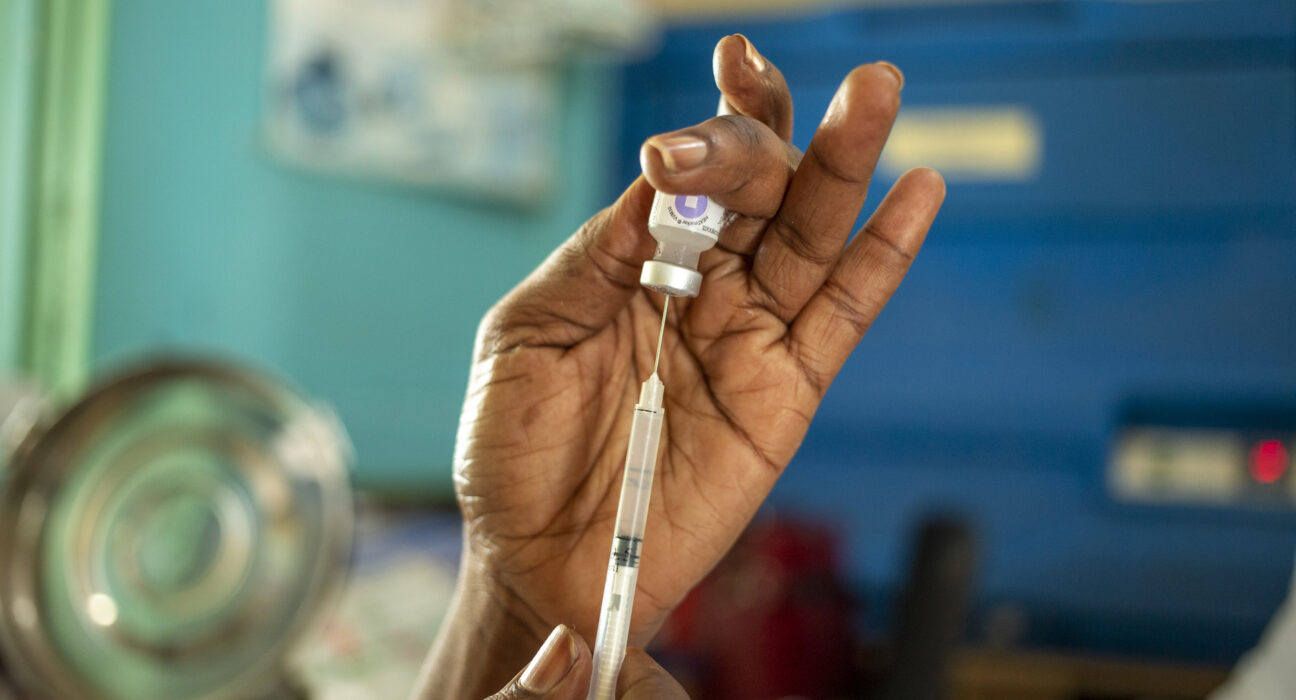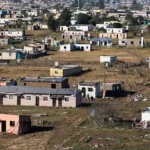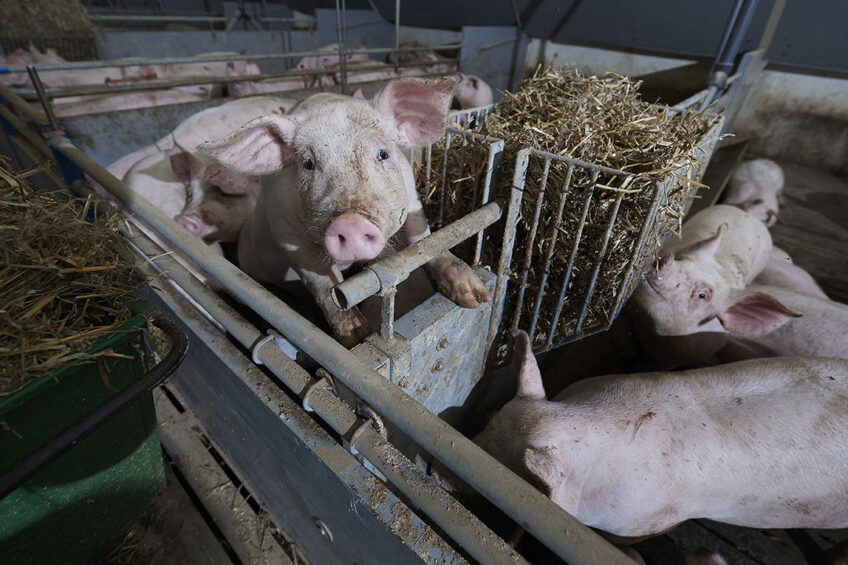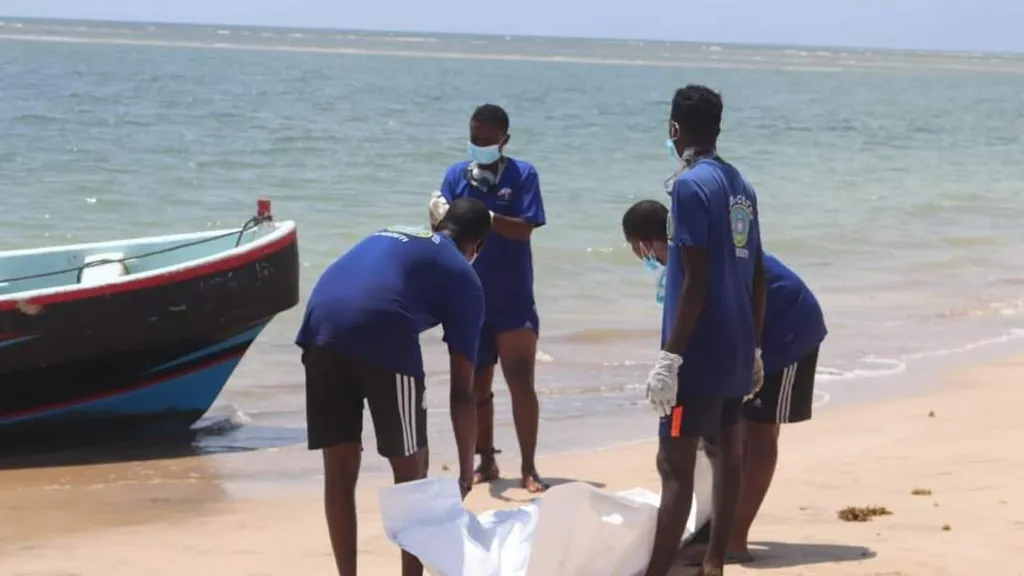On July 1, 2025, Senegal officially launched the introduction of the hexavalent vaccine into its Expanded Program on Immunization (EPI). Following in Mauritania’s footsteps, Senegal is part of this regional dynamic of vaccine innovation.
This vaccine is a combination that protects against six diseases: diphtheria, tetanus, whooping cough, hepatitis B, Haemophilus influenzae type B (Hib), and poliomyelitis. It replaces the pentavalent and inactivated polio vaccines (IPV), previously administered separately.
The introduction of hexavalent meets three major scientific objectives. Firstly, to reduce the number of injections infants undergo at each visit: a single injection now replaces the two previously required for Penta and IPV.
Secondly, to reinforce protection against polio by increasing the number of doses of inactivated vaccine from two to three before the age of 6 months. Thirdly, to introduce an essential booster dose at 15 months, in line with the latest recommendations from the World Health Organization (WHO), to consolidate herd immunity and optimize the vaccination schedule.
This change is also a response to regional issues, as some derived poliovirus variants are still circulating in Africa, and the WHO recommends two-dose IPV coverage to deal with this.
Funding for this introduction is provided mainly by Gavi, the Vaccine Alliance, which covers most of the costs associated with the supply of doses. The Senegalese government is contributing a further 20%, demonstrating its commitment to the sustainability of this program.
This is a game-changer for children’s health in Senegal, as the teams not only protect children more effectively but also strengthen the fight against polio, which remains a global public health emergency of international concern.
In his speech, Dr Ibrahima Sy, Minister of Health and Social Action, underlined the significance of this reform: “For the past 18 months, our teams have been working tirelessly to prepare this transition. Hexavalent embodies our commitment to offering Senegalese children simplified and reinforced protection. Thanks to this vaccine, we expect to avoid 2,300 hospitalizations a year from targeted diseases by 2030.”
The Minister also paid tribute to the technical partners and health workers whose dedication has made this breakthrough possible.
The WHO has played a central role in the success of this transition. Nearly 6,000 health workers, including district management teams (ECD) and regional management teams (ECR), have been trained in the specifics of the new vaccine. This intensive training covered the rigorous management of the cold chain, as hexavalent must be kept between +2°C and +8°C and never frozen.
Agents were also certified on precise intramuscular administration techniques in the right thigh of infants, and on the protocol for monitoring benign side effects such as local redness or transient fever. To ensure a smooth transition, the WHO provided real-time monitoring tools enabling each vial to be traced throughout the country.
WHO also supported the development of interpersonal communication materials, enabling health workers to better explain the change to parents, reassure them of the vaccine’s safety, and stress the importance of adhering to the vaccination schedule.
Dr Jean-Marie Vianny Yameogo, WHO Representative in Senegal, hailed this historic milestone: “This launch marks 46 years of evolution for the Senegalese EPI. Hexavalent is not simply a scientific advance, it is an act of equity that protects every child, whatever their origin. By reducing the burden of preventable diseases, we are unleashing the potential of an entire generation.”
As a long-standing EPI partner, UNICEF has also contributed to the supply, logistics, and awareness-raising around this essential vaccine. Dr Jacques Boyer, UNICEF Representative in Senegal, underlined: “This introduction marks a decisive turning point for the survival and well-being of children. By strengthening access to a more complete and convenient vaccine, we are bringing Senegal closer to a future where every child has an equal chance to grow up healthy.”
This initiative positions Senegal as a key player in vaccine innovation in sub-Saharan Africa. By merging several antigens into a single product, the country is demonstrating how to optimize healthcare systems with limited resources. Reducing the number of injections not only improves the experience of children and parents, but also simplifies logistics, cuts storage costs, and boosts immunization coverage rates.
According to projections, this strategy will make a significant contribution to achieving the goals of the WHO’s IA2030 Agenda, which aims to save 50 million lives through immunization by the end of the decade. Several neighboring countries, such as Côte d’Ivoire and Burkina Faso, are already studying this model for their own programs.
Source: WHO








